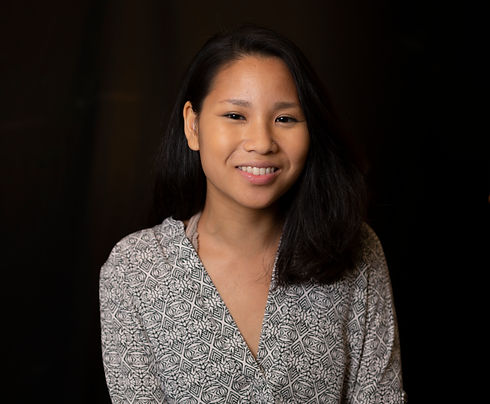Hundreds protest downtown for national "Day Without Immigrants" strike
- Lisa Dreher

- Feb 17, 2017
- 2 min read
More than 400 protesters marched downtown Thursday as part of the national “Day Without Immigrants” in response to the federal government’s recent crackdown on undocumented immigrants.

At 10 a.m., a rally of about 200 people convened outside City Hall, where council members later that day approved granting $200,000 in emergency city funding to cover immigration legal fees.
Cities around the country took part in the “Day Without Immigrants” strike, during which students and employees of local businesses went on strike for the day to display how the immigrant population accounts for America’s workforce. Hitzel Betts, an Austin Community College freshman whose parents are undocumented, said she and several others did not go to work at HEB.
“I feel like it’d open up people’s eyes to realize that we pretty much make this country,” Betts said. “Without us, it wouldn’t be anything.”
In Austin, restaurants such as Home Slice Pizza, certain locations of Torchy’s Taco and Tacodeli supported their employees by closing for the day. During the protest, families waved Mexican and American flags. Anna Xenitis, 42, said people wore white as a sign of peace.
“It’s to show we’re not violent,” Xenitis said. “We’re not criminals. We’re just here to protest.”
Around noon, the rally at City Hall left and marched to the Capitol. On the way, Aron Zamora, 34, hastily made a poster outside a coffee shop on Congress Avenue to join in. Zamora’s sign read, “Gay immigrants stand together, we all are America.”
“We are standing together to make a change,” Zamora said. “We’re coming together in peace just to bring a message today, to the society and the new elected president, that we are not here to harm the country but otherwise to make America great as immigrants.”
A separate group of protesters organized by Grassroots Leadership, an immigration rights advocacy group, started its trek from the J.J. Pickle Federal Building where ICE detainments occurred the past few weeks.
The group then merged with protesters from City Hall at the Capitol. The collective mass walked back down Congress Avenue to the J.J. Pickle Federal Building around 3:25 p.m, where more than 200 gathered, according to Austin Police.
Federal Immigration and Customs Enforcement confirmed 51 immigration detainments in Austin to the Austin American-Statesman on Tuesday. Abigail Vasquez, 23, said the raids made her weary.
“I’m worried that when more deportations happen, I wonder if people are going to be prejudiced towards us,” Vasquez said. “Anyone who looks Latino. Anyone who looks Mexican.”
Bob Libal, executive director of Grassroots Leadership, said people coming out of their homes following recent ICE raids is powerful.
“This is the biggest immigration outpouring I’ve seen since 2006,” Libal said. “Many of them have been really traumatized by these raids. They have family members who were detained out here.”
Ricardo Apanco, an undocumented sophomore at St. Edwards University, said he would not have the opportunity to work and gain a social security number had his parents not migrated.
“We’re facing the consequences from the actions that our parents committed. However, they did it for us to have a better life,” Apanco said. “I wouldn’t be here today if it wasn’t for my parents, if it wasn’t for them taking me out of the violence in our home country.”














Comments